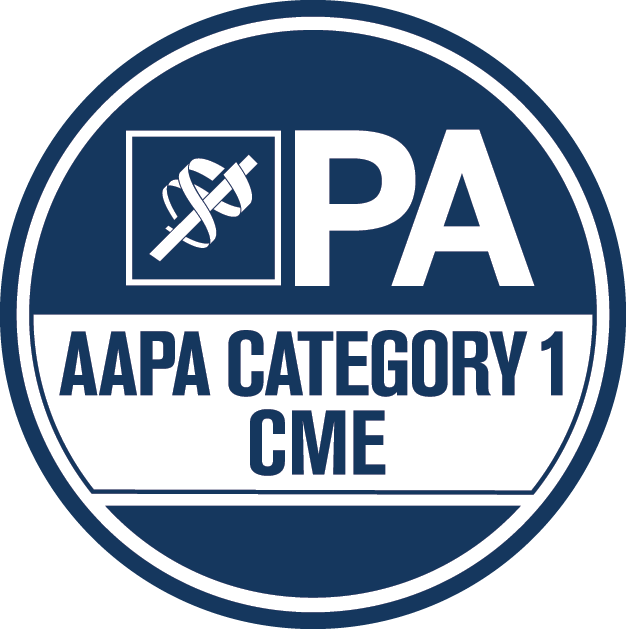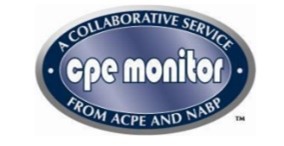Announcer:
Welcome to CME on ReachMD. This episode is part of our MinuteCE curriculum.
Prior to beginning the activity, please be sure to review the faculty and commercial support disclosure statements as well as the learning objectives.
Dr. Harvey:
Hi this is CMD on ReachMD, and I'm Dr. Philip Harvey. I'm here today with Dr. Martin Strassnig, and we're going to talk about a very important clinical topic.
Martin, can you tell me what some of the limitations are that we are seeing with current therapeutics that are employed in schizophrenia and their benefits on cognitive impairment associated with the illness?
Dr. Strassnig:
Unfortunately, at this point, we do predominantly treat cognitive impairment in schizophrenia indirectly. And by that, I mean we are trying to mitigate or minimize other symptoms, for example, positive symptoms. And by reducing cognitive noise, if you will, that way, we are able to enhance cognition to some extent. However, dopamine D2 blockers, for example, most commonly used as antipsychotics, do not improve cognition. Quite to the contrary, in the frontal lobe, you block dopamine, you might actually worsen the NMDA hypofrontality we've talked about in a prior podcast. Right? So you end up with a sort of a conundrum, a little bit, right? You're controlling positive symptoms, yet in fact, you're not improving the cognitive symptoms; you might be making them worse, right?
So and you can look at, for example, clozapine, which is a typical antipsychotic that does not predominantly block dopamine D2 receptors, but D1 and D4. That seems to have some limited, but probably not statistically significant, positive effect on cognition, right? But other than that, what you could potentially do in order to break that hypofrontality induced by that increased dopamine blockade in the prefrontal brain is you could use a stimulant medication, and that's been thought about. However, that will make your psychosis worse in other areas of the of the brain, and therefore, you know, is mostly contraindicated. Right? So in the end, we can throw in some nootropics, for example. However, very little research has been done there. But currently, really, you know, we have basically good efficacy in controlling psychotic symptoms but not in controlling or remediating or improving cognitive symptoms. In fact, some of the treatments we employ might worsen cognition, which is the last thing we want, but usually what happens is positive psychotic symptoms take precedence and need to be controlled because they can be very dysfunctional and even dangerous.
Dr. Harvey:
Well, one of the things that strikes me about this whole situation is that there are antipsychotic medications that have fairly long periods of efficacy that could induce clinical stability in a way that you'd be able to possibly detect the effect of any newly developed add-on pharmacological treatments for cognition. There's some evidence, I believe, that long-acting injectable antipsychotics may actually lead to improvements in functioning without improving cognition because of inducing clinical stability.
What would your recommendations be in terms of the interface between inducing clinical stability and potentially, down the road, adding on new treatments for cognition?
Dr. Strassnig:
Yeah. So I'm a big fan of long-acting injectable antipsychotics, including the Abilify derivative and the Invega derivative and whatnot. That, in the long run, as you said, gives you that clinical stability upon which you can build, right? And yeah, could you start at that point with adding some cognitive remediation and psychosocial rehab? Absolutely. I've done it in clinical practice and I've found it to be quite successful. However there is still, that limitation in that you really do not greatly improve the cognitive impairment itself.
Dr. Harvey:
Well, thanks for a brief but excellent discussion, Martin, and thanks to our audience for tuning in.
Announcer:
You have been listening to CME on ReachMD. This activity is provided by TotalCME, LLC. and is part of our MinuteCE curriculum.
To receive your free CME credit, or to download this activity, go to ReachMD.com/CME. Thank you for listening.


 In support of improving patient care, Global Learning Collaborative (GLC) is jointly accredited by the Accreditation Council for Continuing Medical Education (ACCME), the Accreditation Council for Pharmacy Education (ACPE), and the American Nurses Credentialing Center (ANCC) to provide continuing education for the healthcare team.
In support of improving patient care, Global Learning Collaborative (GLC) is jointly accredited by the Accreditation Council for Continuing Medical Education (ACCME), the Accreditation Council for Pharmacy Education (ACPE), and the American Nurses Credentialing Center (ANCC) to provide continuing education for the healthcare team. Global Learning Collaborative (GLC) has been authorized by the American Academy of PAs (AAPA) to award AAPA Category 1 CME credit for activities planned in accordance with AAPA CME Criteria. This activity is designated for 1.0 AAPA Category 1 CME credit. Approval is valid until April 30, 2025. PAs should claim only the credit commensurate with the extent of their participation in the activity.
Global Learning Collaborative (GLC) has been authorized by the American Academy of PAs (AAPA) to award AAPA Category 1 CME credit for activities planned in accordance with AAPA CME Criteria. This activity is designated for 1.0 AAPA Category 1 CME credit. Approval is valid until April 30, 2025. PAs should claim only the credit commensurate with the extent of their participation in the activity.

